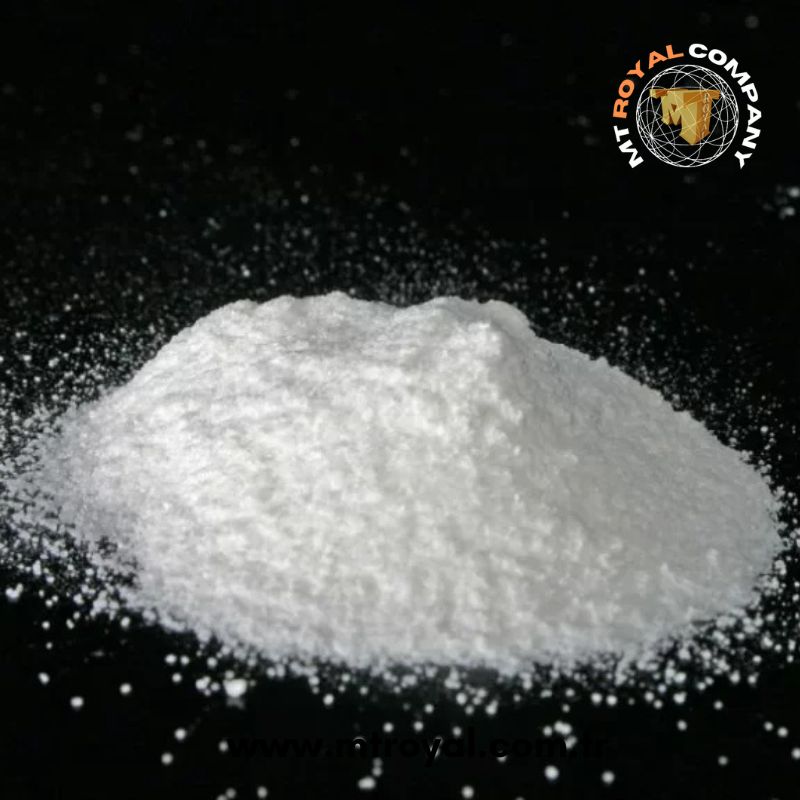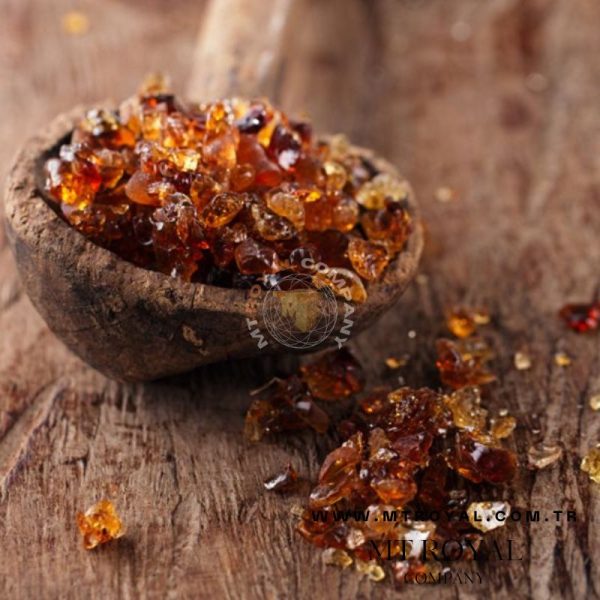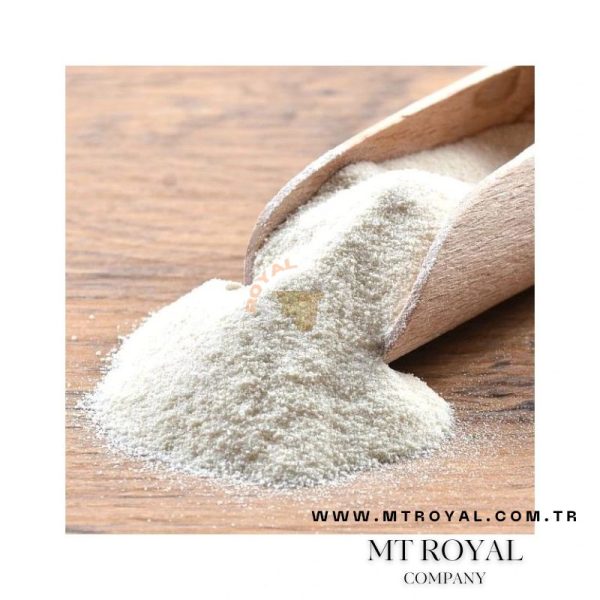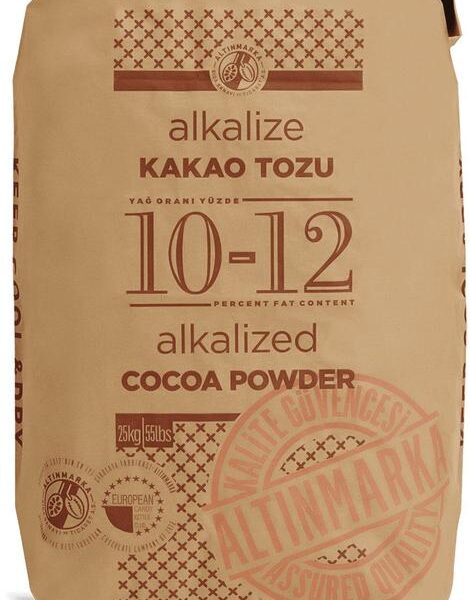What is Succinic Acid?
Succinic Acid, also known as butanedioic acid, is a four-carbon dicarboxylic acid with the chemical formula C4H6O4. It is a naturally occurring compound found in living organisms, but it can also be produced synthetically or via bio-fermentation processes. The use of renewable feedstocks, such as glucose and sugar, in bio-fermentation to produce Succinic Acid has made it a key player in the development of green chemistry.
This organic acid plays an essential role in the citric acid cycle (Krebs cycle) in cellular metabolism, helping in the generation of energy in the form of adenosine triphosphate (ATP). While it has biological significance, Succinic Acid also possesses chemical properties that make it valuable in a wide range of industrial applications.
Some of its key properties include:
- High solubility in water and alcohols
- Mild acidity, with a pKa of 4.2 and 5.6 for the two carboxyl groups
- Biodegradability, making it eco-friendly and safe for environmental use
- A high melting point of 185–187 °C
These properties make Succinic Acid versatile and applicable across a broad range of industries. In recent years, its bio-based production has significantly boosted its adoption, particularly in environmentally conscious sectors.
Industrial Applications of Succinic Acid
Succinic Acid has wide-ranging applications across various industries due to its unique chemical properties. Let’s examine how this compound is used in different sectors and how it adds value.
1. Food and Beverage Industry
In the food and beverage industry, Succinic Acid is used as a flavoring agent, pH regulator, and preservative. Its slightly acidic taste makes it an ideal component in sauces, snacks, beverages, and condiments. Additionally, its ability to act as a flavor enhancer in low concentrations makes it a popular choice for savory food items.
Some key functions of Succinic Acid in food applications include:
- Flavor enhancement: Provides a tangy, slightly salty flavor in processed foods
- pH regulation: Helps maintain the stability of food products by adjusting their pH levels
- Preservative: Helps extend the shelf life of perishable goods by inhibiting microbial growth
The food industry values Succinic Acid not only for its functionality but also for its safety, as it is a naturally occurring compound. It is approved for use as a food additive by regulatory bodies like the FDA and the European Food Safety Authority (EFSA), ensuring its safe consumption.
2. Pharmaceutical Industry
In the pharmaceutical sector, Succinic Acid is widely used as an intermediate in the synthesis of active pharmaceutical ingredients (APIs) and excipients. Its role as a chemical building block makes it essential in drug formulation, particularly in medications designed to treat inflammation, pain, and hypertension.
Some pharmaceutical uses of Succinic Acid include:
- Active ingredient synthesis: Used to produce anti-inflammatory and analgesic drugs
- Buffering agent: Helps maintain the stability and effectiveness of drugs by acting as a buffer
- Synthesis of antibiotics: Plays a role in the production of antibiotics, including cephalosporins
Additionally, Succinic Acid is valued for its low toxicity and biodegradability, making it a preferred choice for pharmaceutical companies committed to sustainable production processes.
3. Cosmetics and Personal Care Industry
The cosmetics and personal care industry is another major consumer of Succinic Acid. Its ability to act as a pH regulator, moisturizer, and anti-inflammatory agent makes it an important ingredient in skincare and hair care products.
Common uses of Succinic Acid in this industry include:
- Moisturizers: Helps to hydrate and soften the skin
- Anti-aging products: Contributes to the reduction of fine lines and wrinkles
- Acne treatment: Succinic acid’s antibacterial and anti-inflammatory properties help combat acne
- Shampoos and conditioners: Improves scalp health and adds smoothness to hair
With the growing trend toward using eco-friendly and bio-based ingredients in personal care products, Succinic Acid is increasingly in demand for sustainable cosmetic formulations.
4. Agriculture and Fertilizers
In agriculture, Succinic Acid is used to improve plant growth and health. As an intermediate in metabolic processes, it acts as a natural biostimulant, enhancing plant resilience to stress, promoting nutrient uptake, and improving crop yield. Additionally, Succinic Acid can be used to create fertilizers that promote root development and strengthen plant structures.
The agricultural benefits of Succinic Acid include:
- Stress resistance: Enhances plant resistance to environmental stress such as drought or extreme temperatures
- Nutrient absorption: Improves the uptake of vital nutrients from the soil
- Root stimulation: Encourages healthy root growth, leading to stronger and more productive plants
Given its biodegradable nature, Succinic Acid is an eco-friendly alternative to traditional chemical fertilizers and is gaining popularity in sustainable farming practices.
5. Chemical Industry
In the chemical industry, Succinic Acid serves as a precursor or intermediate in the production of several chemicals, including butanediol (BDO), tetrahydrofuran (THF), and solvents. These chemicals are further used to manufacture plastics, resins, coatings, and biodegradable polymers.
The rise of bio-based Succinic Acid has also made it a key component in the development of green chemicals, which are less harmful to the environment compared to petroleum-based alternatives. This growing trend toward sustainability has positioned Succinic Acid as a valuable compound in the green chemistry revolution.
6. Bioplastics and Polymers
One of the most exciting applications of Succinic Acid is in the production of bio-based plastics and polymers. Succinic Acid is used to create polybutylene succinate (PBS), a biodegradable plastic that is increasingly being used as an alternative to conventional plastics in packaging, agriculture, and automotive components.
The use of Succinic Acid in bioplastics provides several benefits:
- Biodegradability: PBS made from Succinic Acid is biodegradable, helping reduce plastic pollution
- Sustainable production: Bio-based production of Succinic Acid uses renewable feedstocks, reducing the carbon footprint of plastic production
- Versatile applications: PBS is used in packaging, disposable cutlery, agricultural films, and even in automotive parts due to its durability and biodegradability
The adoption of bio-based Succinic Acid in the polymer industry aligns with global efforts to reduce plastic waste and reliance on fossil fuels.
Why MT Royal for Succinic Acid?
MT Royal Company is the largest supplier of Succinic Acid, and here’s why they are the top choice for manufacturers around the world:
1. Supply in High Volumes
MT Royal has the capability to supply Succinic Acid in large quantities, making it the perfect partner for businesses with high production demands. Whether you require bulk orders for large-scale industrial processes or consistent supplies for ongoing operations, MT Royal can meet your needs efficiently.
2. Very Reasonable Prices
In an industry where cost plays a major role in production decisions, MT Royal offers very reasonable prices on Succinic Acid. By controlling their supply chain and maintaining efficient operations, MT Royal can provide competitive pricing that helps businesses stay profitable.
3. Fast Delivery
MT Royal understands the importance of timely delivery. With a reliable logistics network, they ensure fast delivery of Succinic Acid to any location worldwide. This means you can keep your production lines running without interruptions, even during periods of high demand.
4. Complete Documentation
MT Royal provides complete documentation, including health certificates and export certificates, guaranteeing that all shipments meet international regulatory standards. Whether you are sourcing Succinic Acid for food, pharmaceuticals, or industrial applications, you can trust that MT Royal’s products comply with all safety and quality requirements.
5. Various Payment Options
Understanding that flexibility is key in business, MT Royal offers various payment options to make transactions convenient for their clients. This allows businesses to manage their finances more effectively and maintain smooth operations.
6. Worldwide Delivery to Requested Customs
MT Royal offers delivery to customs at your requested location worldwide. No matter where your business is based, you can rely on MT Royal to get your Succinic Acid shipment to you efficiently and without delays.
Conclusion
MT Royal Company is the largest and most trusted supplier of Succinic Acid, offering high-quality products, competitive prices, and exceptional customer service. Whether you are looking for Succinic Acid for food production, pharmaceuticals, cosmetics, or industrial applications, MT Royal has the capacity, expertise, and commitment to meet your needs. With fast delivery, complete documentation, and worldwide delivery capabilities, MT Royal is the reliable partner you need for sourcing Succinic Acid.
Contact MT Royal today to learn more about how their Succinic Acid can benefit your business and why partnering with MT Royal will elevate your operations to new heights.
Food industry raw materials – list of products






Reviews
There are no reviews yet.